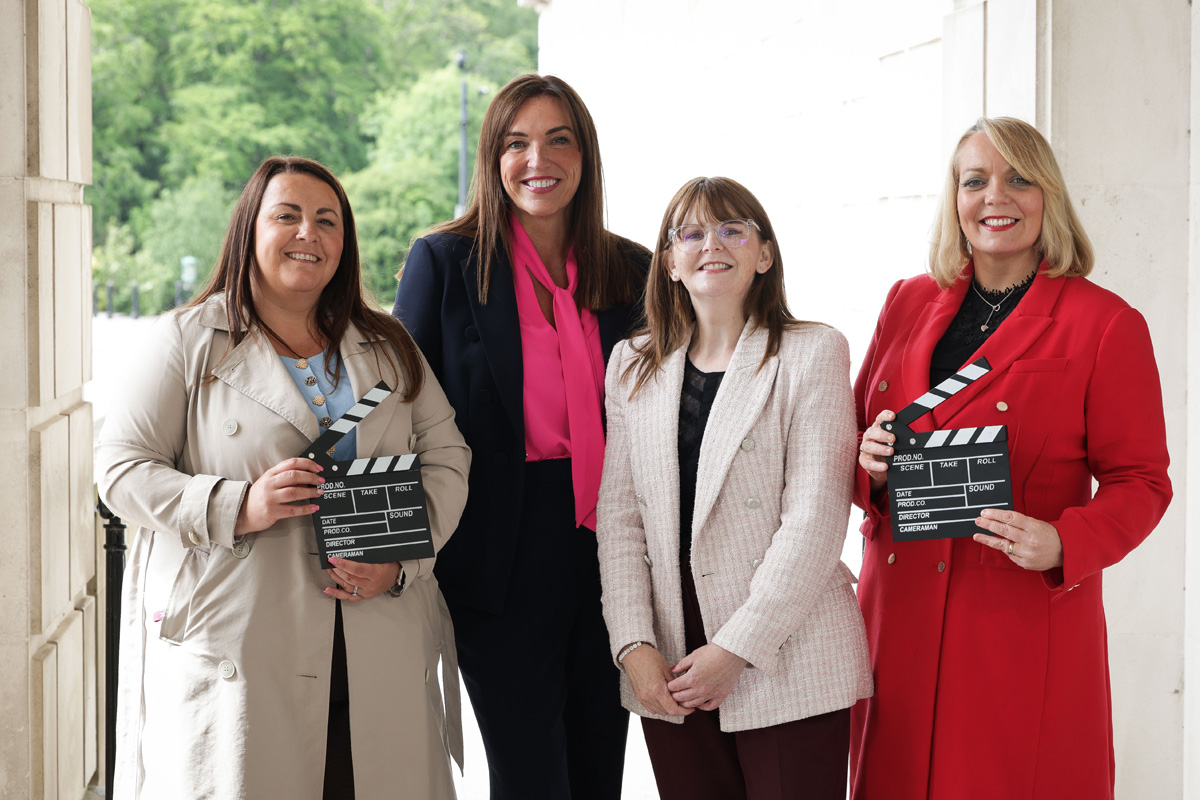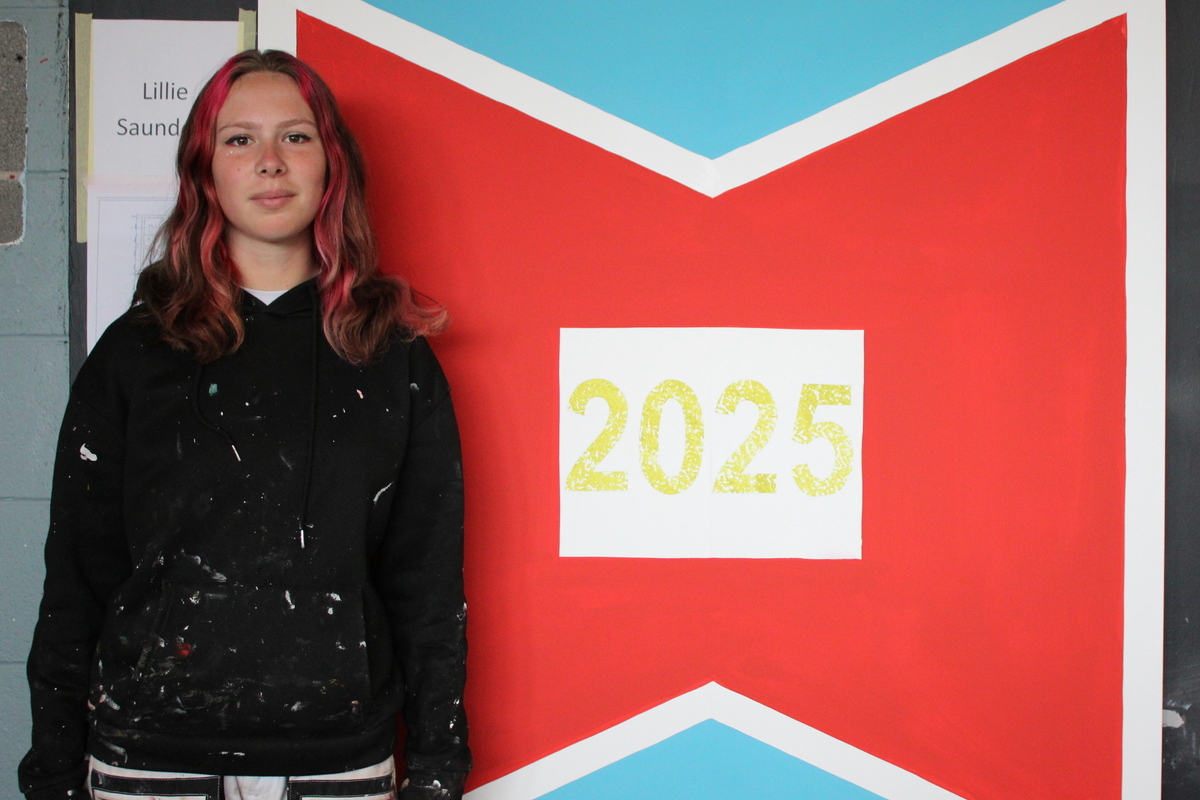‘Digital poverty’ risks leaving students behind

The ability of students to participate in higher education from home is being disrupted by a lack of access to core digital infrastructure, new survey data published by the Office for Students (@officestudents) shows today, as a major new review into digital teaching and learning is launched.
During the coronavirus (COVID-19) lockdown, 52 per cent of students said their learning was impacted by slow or unreliable internet connection, with 8 per cent ‘severely’ affected. According to the poll of 1,416 students, run for the OfS by Natives:
- 71 per cent reported lack of access to a quiet study space, with 22 per cent ‘severely’ impacted
- 56 per cent said they lacked access to appropriate online course materials, with 9 per cent ‘severely’ impacted
- 18 per cent were impacted by lack of access to a computer, laptop or tablet – 4 per cent said they were ‘severely’ impacted.
The findings come as OfS chair, Sir Michael Barber, launches a major review of digital teaching and learning in English higher education today. Examining the relationship between digital poverty and students’ academic experience is one area of the review.
The review will also consider how digital technology has been used to deliver remote education since the pandemic started; how high-quality digital teaching and learning can be delivered at scale in the future; and the opportunities that digital education presents for universities in medium and long term. It will draw on examples of successful online teaching from the UK and overseas, particularly in the lockdown.
Digital poverty is leaving students behind in an age of online learning
 Sir Michael Barber, chair of the Office for Students, said:
Sir Michael Barber, chair of the Office for Students, said:
“Since the beginning of the pandemic universities have been working hard to deliver high-quality education in extremely difficult circumstances – I’ve have been repeatedly impressed by their innovation and ingenuity. Likewise, students have shown great flexibility and dedication to their studies throughout.
“With this unprecedented disruption comes an opportunity. In a short space of time many universities and colleges have significantly developed the digital teaching and learning options they offer students. It is critical that we build on this progress – identifying what has worked well in recent months, what methods could be enhanced further, and identifying long-term opportunities for innovation that will benefit generations of students into the future.
“However, it is no use making these strides if there are students who cannot access digital resources effectively. As today’s polling shows, there remain a significant number of students whose access to remote education is being disrupted – sometimes severely – by poor access to core digital infrastructure. And there remains critical progress to be made in closing persistent gaps in broadband speeds between urban and rural areas.
“Improving equality of opportunity for students from all backgrounds is central to our work. We have already set universities and colleges ambitious targets on improving access for disadvantaged students and progress is being made. But as digital teaching and learning is increasingly embedded in higher education, we cannot risk students being left behind in the rush for online innovation. That is why I have put an examination of the impact of digital poverty at the heart of this review and will ensure that the recommendations we make will have student access at their core.”
Sir Michael, continued:
“The coronavirus pandemic has highlighted the ingenuity of our universities, many of which transitioned to digital teaching under immense pressure. But as many will admit, the arrangements put in place were far from perfect.
“New survey data from the Office for Students helps to show how students were impacted. The overall picture is mixed: just over half of students were satisfied with teaching quality during lockdown; but over a third were not. Perhaps, these figures might have been tolerable in an emergency. But they would surely not be tolerable in the new academic year.
“What’s striking is how many students struggled to access the digital teaching on offer. Over half said their learning was impacted by slow or unreliable internet connection and one in five lacked access to a computer, laptop or tablet.
“The pandemic revealed the striking impact of digital poverty, in which many students’ ability to learn from home was disrupted – sometimes severely – by poor access to digital infrastructure.
“Universities have been working hard to improve their offer for the new academic year – what should students expect? Returning students inevitably missed out on some vital learning last year. They will need support to catch up. First years have in many cases had no teaching at school since March. They will need a fast start, a crash course in studying effectively. After a summer of frustrated plans, students will arrive with high expectations. Universities must be well-prepared.
“Crucially, the problem of digital poverty identified in our survey does not stop at home. It matters on campus too. Over half of students said their learning was damaged by lack of access to appropriate online materials, with one in ten impacted severely.
“With the prospect of local lockdowns and possibility of squeezed physical infrastructure, universities must improve their digital offering and ensure all students can access it. Without action we risk swathes of students being left behind — particularly the most disadvantaged.
“To help address these challenges I have launched a major review of digital teaching and learning in English higher education. We want to know about what worked during the pandemic, what didn’t, and opportunities for the future. It’s not just about enduring the present crisis but setting future generations up for success.
“For universities, that task starts now. Today’s students should expect high-quality blended education combining face-to-face with the best of digital teaching. Acting on student feedback will be crucial.
“A major benefit of the crisis could be the development of improved teaching and learning for all students. A return to the pre-pandemic ways, which were sometimes mediocre, would be a frustrating missed opportunity.”
 Emma Hardy MP, Labour’s Shadow Universities Minister, said:
Emma Hardy MP, Labour’s Shadow Universities Minister, said:
“It is unacceptable that any student’s education should suffer due to digital poverty. Government incompetence simply cannot be allowed to hold back young people’s futures.
“Having failed to address digital poverty for pupils when schools closed, the government must learn from these mistakes and ensure that no university student is unable to access the education they deserve.”
The OfS has published a call for evidence seeking responses from those involved in the delivery and design of digital teaching and learning, such as teachers and administrators, as well as student unions. Information received from the call for evidence will help inform the recommendations of the digital teaching and learning review and to identify case studies.
Today’s student polling also asked students about their general perceptions of how successfully their courses were delivered during the pandemic. It showed that 51 per cent of students said that they were satisfied with the quality of their teaching during the pandemic, compared with 34 per cent dissatisfied. Students who reported having live online lectures tended to view their teaching more positively than those taught with old recorded lectures or written slides. Other areas of the survey showed that:
- 68 per cent of students agreed that they were able to communicate with staff when necessary, compared to 19 per cent who disagreed
- 61 per cent agreed that their university’s approach to assessment has been made clear, compared to 26 per cent who disagreed
- 60 per cent agreed that changes to their course were communicated effectively, compared to 28 per cent who disagreed
- 46 per cent of students were satisfied with their overall course experience, compared to 43 per cent dissatisfied.
In April, the OfS released guidance on maintaining quality and standards during the pandemic. It said that universities and colleges should make all reasonable efforts to provide teaching and support for students that is broadly equivalent to normal arrangements and consider how online teaching can be used to deliver existing courses. Universities should also assess students’ achievement reliably but flexibly and provide clear communications to students.
Case studies
Universities, colleges and others have adapted their teaching for digital delivery during the pandemic. The following examples have been developed at pace and are offered in the spirit of sharing practice that others may find useful and applicable to their own contexts:
- Geoscientists at Imperial College London have completed the UK’s first MSc virtual field trip.
- The University of the Arts London (UAL) developed an extensive online platform to show and celebrate students’ work in the summer, instead of a physical show.
- The University of Exeter’s Researcher Development and Research Culture team expanded its existing webinar programme to include additional sessions on topics such as writing, wellbeing and project management to provide guidance and support on continuing postgraduate research remotely.











Responses